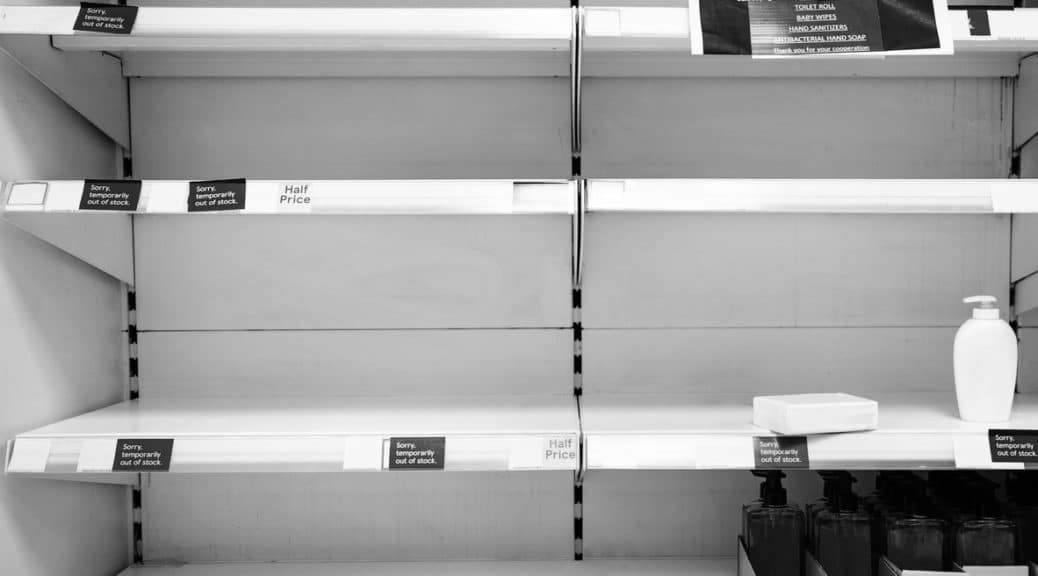Scarcity of Tocilizumab highlights wider problem of drug shortages in Australia

The recent nation-wide shortage of the arthritis drug, Tocilizumab, has highlighted the growing problem of prescription drug shortages in Australia and the vulnerability of our pharmaceutical supply chains.
Patients, prescribers, and pharmacists alike are left in limbo when overseas pharmaceutical companies are unable to meet orders due to increased demand or disruption to manufacture or the supply chain itself.
While pharmacists are left combing the country in search of the last of the pickings, medical practitioners often resort to prescribing less-than-ideal substitutes to their patients while they wait for supplies to return to normal. That can be months in the future, if not years.
In the case of the previously little-known Tocilizumab, after successful clinical trials overseas, the drug is now being used in the treatment of severe cases of Covid-19. This has seen demand for the drug soar and the manufacturer is struggling to keep pace with demand. People in Australia who have been using the medication to manage their arthritic condition now find themselves on waiting lists with barely-satisfactory steroids offered as the alternative.
At the time of writing (end September 2021), 284 medications were listed on the Therapeutic Goods Administration’s Medicines Shortages database. Of those 284 medications, 35 were listed as ‘critical’ including Salbutamol, Fentanyl Citrate and Procaine Penicillin.
So what’s the solution?
One avenue still open to both prescribers and community pharmacists when medicines run short, is the services of the compounding pharmacy industry. In many cases, a compounding pharmacy like National Custom Compounding, can make up, from scratch, medications that the commercial manufacturer is unable to deliver.
This allows the patient to continue on their treatment plan uninterrupted and it also gives the prescriber and pharmacist a more viable alternative to offer patients.
Compounded medications are made using certified-safe raw ingredients in strictly controlled, purpose-built laboratories. The practice is safe, highly regulated by several government authorities, and quality controlled. All work is conducted by pharmacists who have undergone specialist compounding training.
For more information on how a compounding pharmacist can help you maintain supplies of medication during times of shortage, contact National Custom Compounding on 1300 731 755 or email [email protected]
